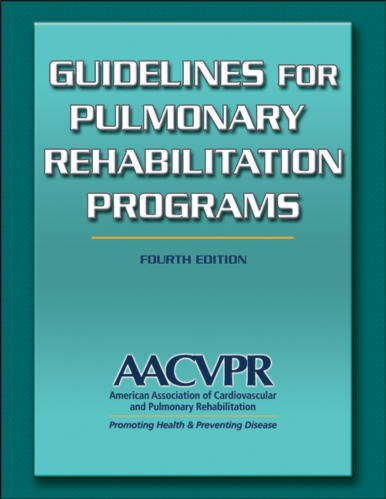Christian Emotional Rehabilitation Centers Burnside KY
Home
Christian Emotional Rehabilitation Centers Burnside KY Info
Christian Emotional Rehabilitation Centers Burnside KY
Other Rehabilitation Resources Because we focus primarily on outpatient and intensive outpatient drug and alcohol rehab programs we are not able to fully cover a number of types of other treatment types. Rogers believed the presence of these three items in the therapeutic relationship could help an individual overcome any troublesome issue, including alcohol abuse. Whether you are looking for treatment for yourself or a loved, one it is important to take into account a few variables that can make the difference between success and failure. Even as a Christian, you might need professional help overcoming drug use and seeking a life free of drugs.
To date, there have never been any controlled studies showing it to be effective, and it is accepted as a treatment by no association of physicians, pharmacists, or addictionologists. From the perspective of one who does not use drugs, behaviors and attitudes of those under the influence are irrational and without cause. This will make it easier to work out visits into your schedule. When is a good time to hold an intervention for a loved one?
More Details Around Tussionex Abuse Program

Here are Some Even more Details on Damason-p Rehab Near Me Burnside KY
Faith-based rehabs use their faith traditions as part of their treatment programs. Addiction is a disease that centres in the individual’s brain, their thoughts, their emotions and in the function of the brain – its receptors, chemistry, and neuro pathways.
Here are Some Even more Resources on Tussionex Abuse Program
Most importantly, do you still believe in God and Jesus as your saviors? One of the more common forms of rehab aftercare is 12-step meetings, such as Alcoholics Anonymous or Narcotics Anonymous.
Much more Resources For Tussionex Abuse Program Burnside KY
To present the CliffNotes of the emotional me, as opposed to the twelve-column read. When you call this helpline, they will listen to the problem carefully and will analyze the situation. There is a misconception, that drug users have no morals, or simply do not haveenough will power to stop using drugs. Different results have been reached for other drugs, with the twelve steps being less beneficial for addicts to illicit substances, and least beneficial to those addicted to the physiologically and psychologically addicting opioids, for which maintenance therapies are the gold standard of care.[29] Client-centered approaches[edit] In his influential book, Client-Centered Therapy, in which he presented the client-centered approach to therapeutic change, psychologist Carl Rogers proposed there are three necessary and sufficient conditions for personal change: unconditional positive regard, accurate empathy, and genuineness.
Click Here for More Information
Previous Next
You may also like:
Marijuana Addiction Programs Douglas ND
Ketamine Rehab Treatment Clinics Linn MO
Drug Addiction Rehabilitation Center Kilbourne LA
Fiorinal Rehab Treatment Facilities Marvell AR
Benzos Detox Treatment Clinics Wiley Ford WV
Orlaam Detox Program Floyds Knobs IN
Buprenorphine Abuse Treatment Programs Trona CA
Nembutal Rehab Treatment Program Hilda SC
Rehab News Trevor WI
Palladone Rehab Clinics Kewadin MI
Ecstasy Detox Programs Forestdale MA
Suboxone Detox Treatment Program Premium KY
Drugs And Addiction South Salem NY
Ketamine Rehab Near Me Grinnell IA
Endodan Detox Facility West Middleton IN
Msir Addiction Treatment Center Hutsonville IL
Phenobarbital Detox Centers Rogersville TN
Methylphenidate Abuse Facility Clayton DE
Long Term Drug Rehab Centers Dutch Flat CA
Drug Rehab For Nurses Junction City KY